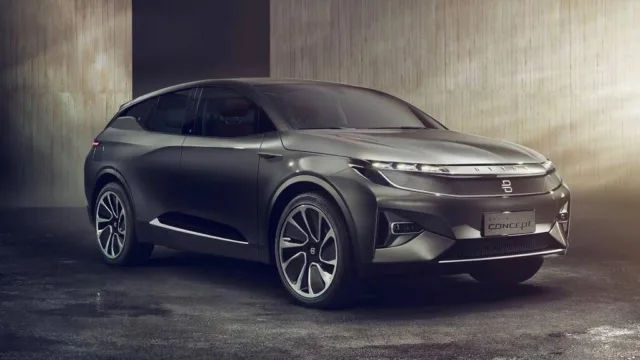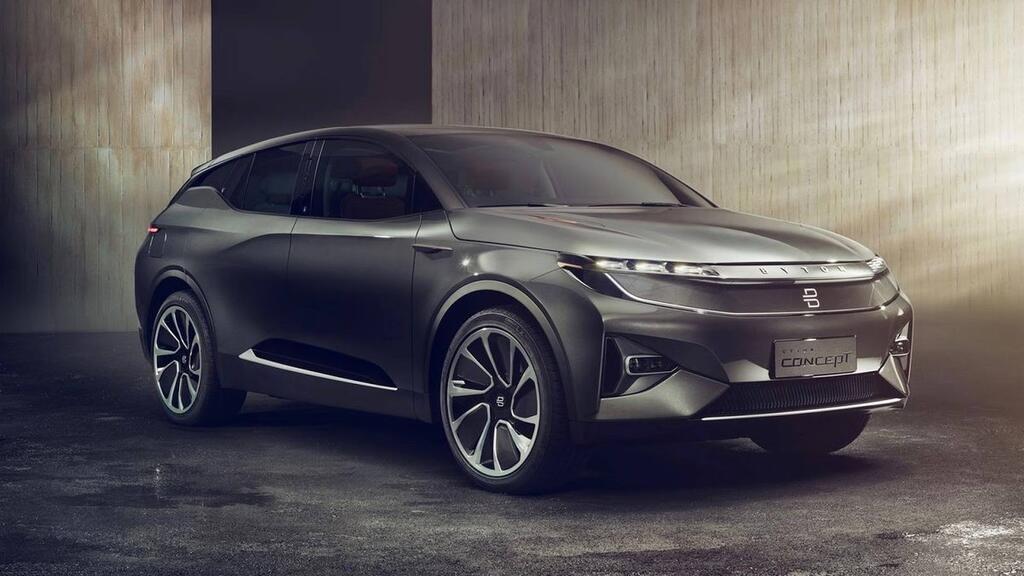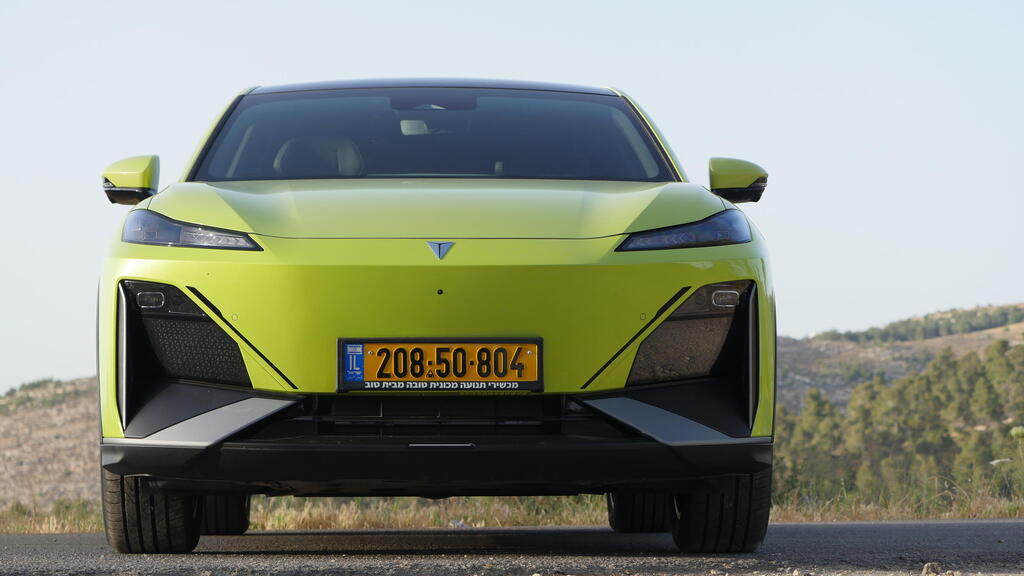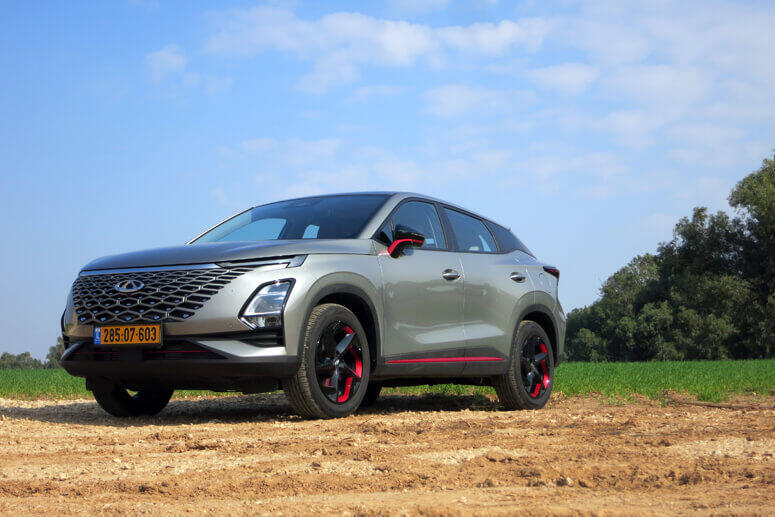Chinese automakers have pressured Israeli car importers to take on excessive inventory, forcing them to offload large stocks of vehicles—even at a loss—according to Sarit Segev-Yehezkeli, a senior executive in Bank Hapoalim’s business division.
Speaking at Calcalist’s Between Infrastructure and Return conference this week, she pointed to what she described as one of the major disruptions currently shaking Israel’s auto market.
October 2025 is shaping up to be the final chapter in what’s being called the “last big month of registration manipulation,” as importers rush to register thousands of unsold vehicles manufactured a year earlier to avoid regulatory setbacks.
For the past several months, the industry has faced a “registration storm,” driven by cars that sat idle for nearly a year between production and sale. Registration data from October shows a marked slowdown in sales, with only a few thousand vehicles registered in the first three weeks.
Currently, the best-selling electric vehicle in Israel is the Deepal 7 by Chinese automaker Changan—but sales figures may be misleading. According to Calcalist, Changan shipped over 2,000 units to Israel in October 2024, but the brand has struggled to gain traction since. Many of the cars being registered this week are likely part of that stock.
Facing increasing scrutiny, some importers have begun masking registration spikes by registering vehicles under company executives or advancing registrations to the third week of the month rather than the final days. “But the reality remains,” Segev-Yehezkeli noted, “hundreds of Israelis are not suddenly walking into dealerships to pick up unwanted models en masse.”
This October marks the end of this registration wave in part due to last year’s scramble to import electric cars before a tax hike in January. To beat the deadline, importers rushed to bring in vehicles by December—meaning production had to occur by October. In 2025, however, with Houthi threats disrupting Red Sea routes near Eilat, importers delayed shipments.
Many of the supply contracts with Chinese automakers were signed in 2023 and 2024—often for three years—at a time when the market outlook for Chinese EVs was optimistic. But that enthusiasm has cooled. Segev-Yehezkeli noted that only 16% of new cars sold are electric, with consumers shifting back to hybrids and plug-in hybrids.
Chinese manufacturers, however, are pressing for results. Industry reports suggest that delegations from underperforming brands have flown to Israel to investigate plummeting sales, and importers of struggling brands are exploring partnerships or exit strategies.
The Chinese automakers are taking a tough stance. After a period of license transfers and brand splits—such as the division of Maxus between two importers—the market had stabilized. That could now change again, with franchise rights potentially changing hands or disappearing altogether.
Compounding the crisis, the Competition Authority is actively reviewing the industry, prompting several importers to delay launching new brands or models for fear of increasing their market share. In some cases, companies have gone ahead with launches but housed showrooms in temporary buildings—mainly to demonstrate they already have operating licenses amid the review.
Two major import licenses—Mercedes-Benz and Smart—are set to expire this week. The Transportation Ministry has not confirmed whether they will be renewed or for how long.
A recent State Comptroller report revealed that auto importer profits reached NIS 5 billion in 2022—a 35% increase over 2021. However, industry insiders say those numbers are no longer relevant in 2025’s hyper-competitive market, now saturated with Chinese brands.
The ministry’s draft recommendations, based on the Competition Authority’s findings, aim to limit market concentration. Under the proposal, any direct importer holding more than 10% of market share would be allowed to renew only one license per automotive group. That would restrict firms from holding multiple brand franchises under a single corporate umbrella, such as Stellantis or Geely. The ministry has not clarified how market share will be calculated or over what period. The recommendations have not been formally adopted or published.
Yet importers may already be acting to influence those future metrics. In recent months, large volumes of unsold vehicles have been registered, potentially artificially boosting importer market share. For example, Carasso Motors registered over 9,000 Chery FX EVs this year. It is unclear whether real demand drove those sales or whether they were part of a registration push.
As of September 2025, the Israeli Vehicle Importers Association reports that Colmobil holds 20.3% of the market, and Carasso 15.1%. Whether Chinese oversupply and forced inventory buildup will ultimately lead to regulatory backlash remains to be seen. The decision now rests with the Transportation Ministry.












